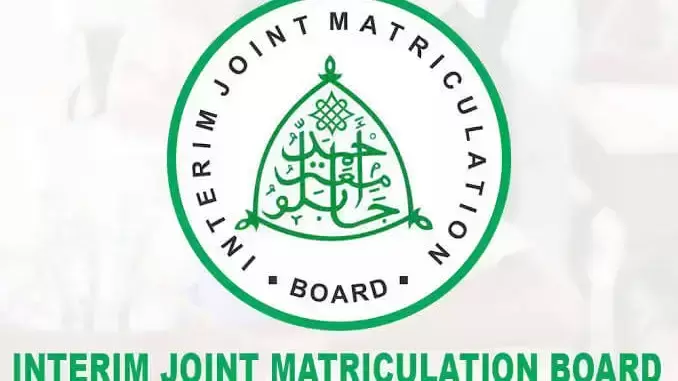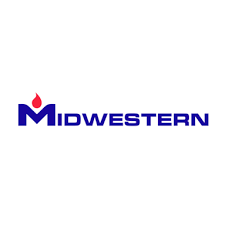In Nigeria, the Interim Joint Matriculation Board (IJMB) offers an advanced-level educational program aimed at facilitating university admission through direct entry. Established by Ahmadu Bello University (ABU), Zaria, in 1974, IJMB provides an alternative to the traditional UTME route, enabling students to access faculties like Arts, Sciences, and Social Sciences across Nigerian universities.
Operated and moderated by ABU, the IJMB program spans nine months, divided into two semesters of intensive lectures held at accredited study centers nationwide. Graduates receive an IJMB certificate recognized by over 80% of federal, state, and private universities in Nigeria, as well as internationally.
To register for the IJMB program, prospective candidates can visit the official IJMB registration portal. They must choose three A-level subjects relevant to their intended course of study, including mandatory English Language. After filling out personal details and paying a registration fee, applicants submit necessary documents such as passport-sized photographs and O-level results.
Advantages of the IJMB program include the flexibility of its results, which do not expire and can be used for multiple admissions cycles. However, it is noted for being relatively expensive compared to other entry programs, although payment plans are available. Disadvantages include limited course options and acceptance by some institutions, despite its recognition by the NUC as an A-level examination body.
Minimum points required for different courses vary from 5 to 15 points, depending on the field of study. This system covers various academic programs, including education, sciences, medicine, and engineering, making IJMB an essential pathway for tertiary education that caters to students with diverse academic backgrounds and aspirations.





